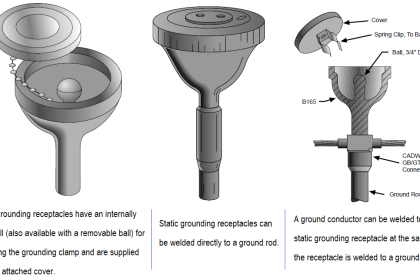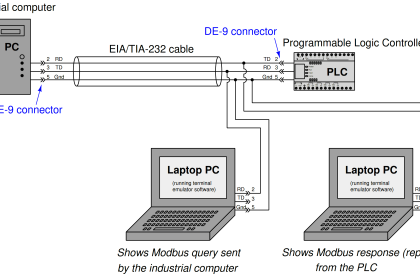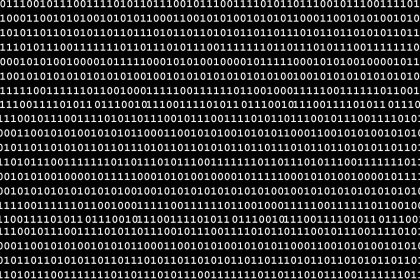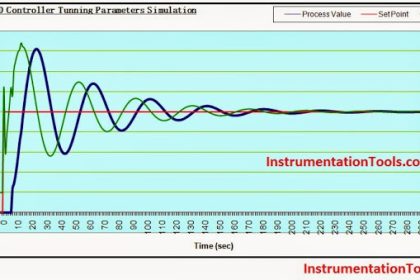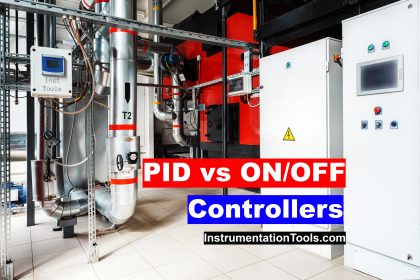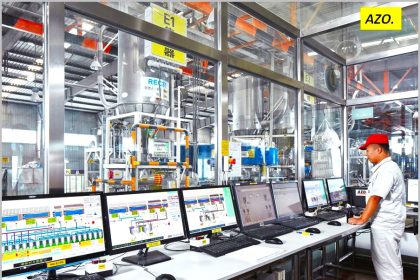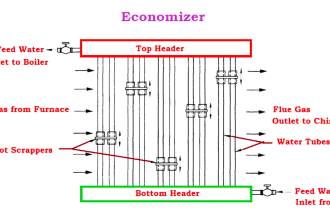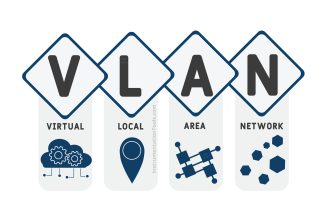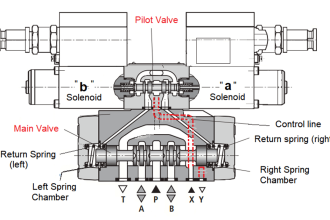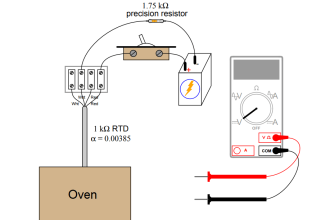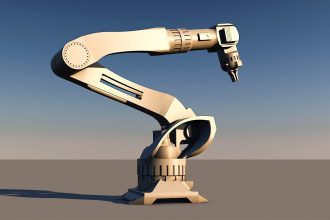In today’s world of industrial automation, it is very important to deal with networking. Because most of the devices today are connected through network topologies, it is required that an engineer knows all it’s basics. When networking, it is equally important to secure data from hackers and unknown parties. This is because plant information and operation are critical, and you cannot risk your data being seen by anyone. One such way to protect data when using the Internet in a public domain is using a VPN. In this post, we will see how important VPN is for control engineers.
What is a VPN and how does it work?
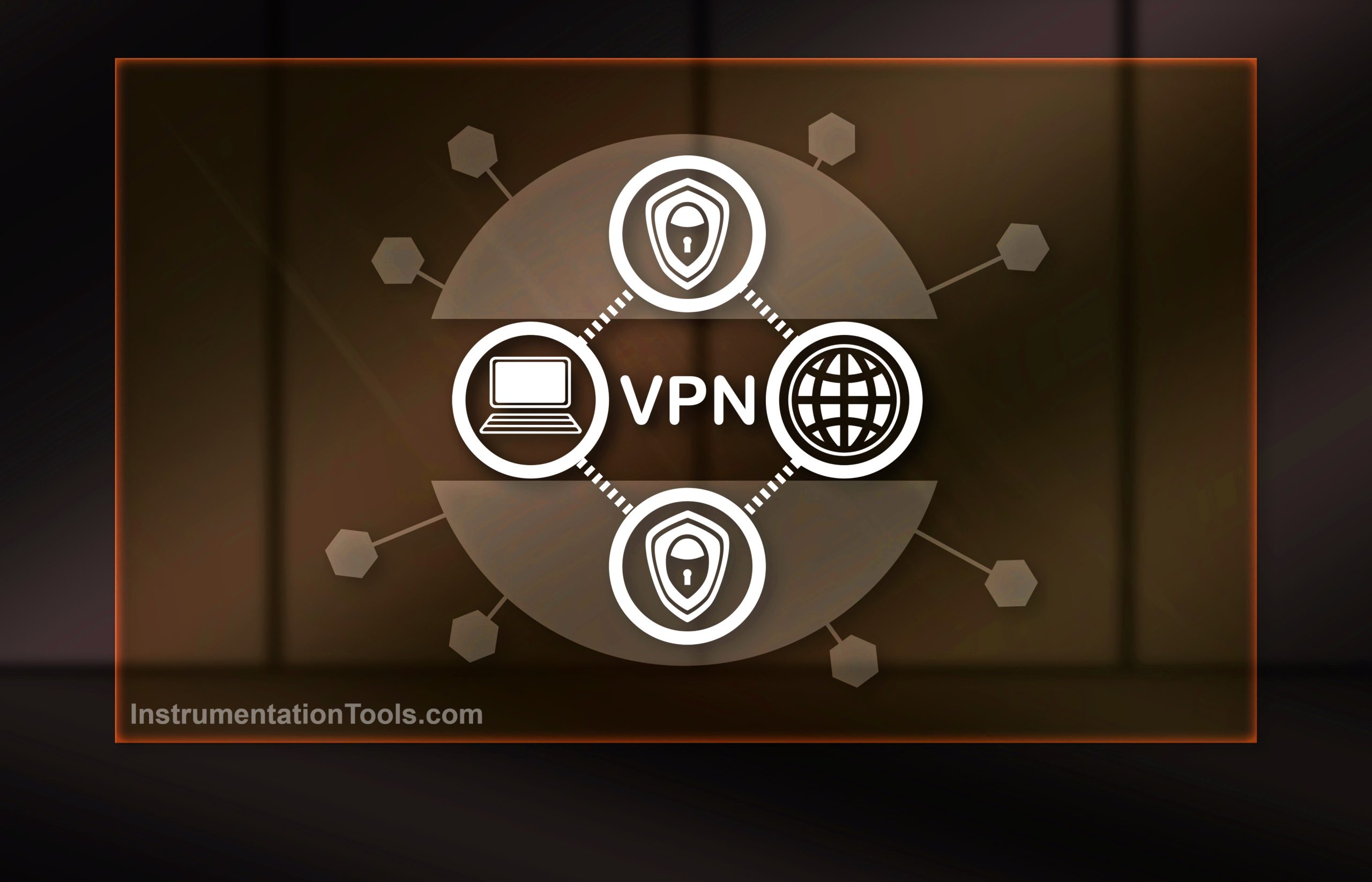
First of all, let us understand what a VPN is. VPN stands for virtual private network. Let us understand this with a simple example. In many offices, you may have seen that when you try to open some browsers, a popup will appear that this site is not in the list of allowed browsers and is unsafe to use. How is this possible when the Internet you use is public? This is possible through a VPN. It is a service given by third-party agents that helps establish a secret private tunnel through the public internet. Before sending data, it will be encrypted and then passed through this tunnel, so that no one can access it. And before receiving data, it is decrypted and then shown to the destined party. Due to this, your network connection is secure from hackers and also protects the user from accessing any unsafe website. Even if you use an untrusted network, a VPN will ensure that your data remains safe.
Now, when you access the internet, an internet service provider (ISP) comes in between, that acts as an agent between you and the internet. Without that, the internet cannot be connected. But in a VPN, there are two additional components – a VPN client and a VPN server.
The VPN client is connected between the source user and the ISP, and the VPN server is connected between the internet and the ISP. Usually, before VPN, the normal flow is; source – ISP – internet – ISP – destination. VPN client is a software application present in our device like mobile or PC, which helps establish connection to the VPN server.
The VPN server will handle the client, ensure proper encryption and decryption, and maintain the security of the tunnel. So, if you send data, the VPN client will first encrypt the data, go to the server and then access the destined user with the internet. Due to this, any hacker in the public domain will not be able to access this private tunnel, and even if hacked, will not be able to understand the encrypted data.
But, the main thing to consider is that VPN is provided by a third-party company (VPN provider), and so, choose a standard and branded one before using. The three main types of VPN are – remote access, site-to-site and client-to-site. Some standard encryption algorithms used in VPN are – SSL/TLS, WireGuard, IPSec and L2IP.
Use of VPN in an Industrial Network
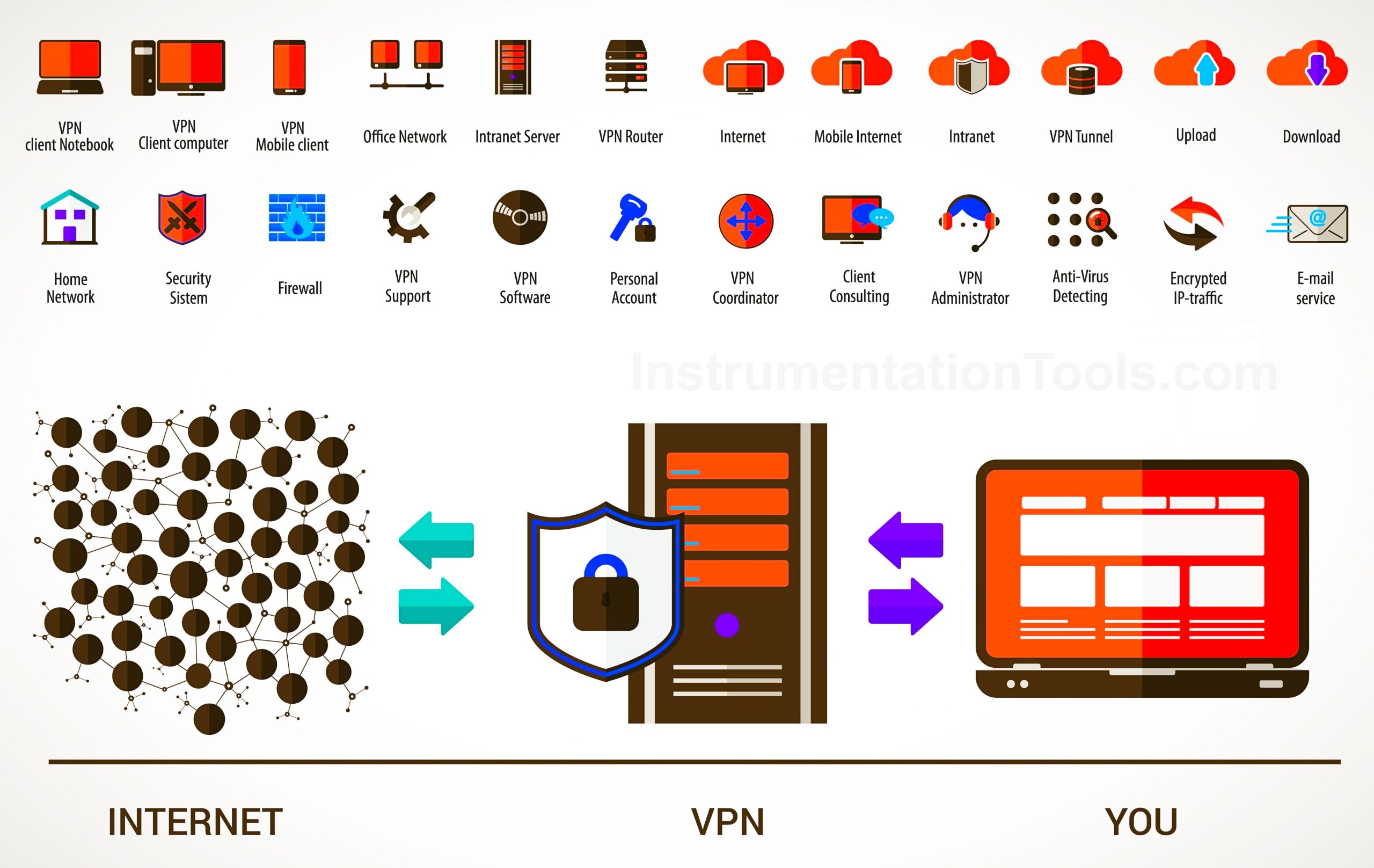
- If an engineer wants to remotely access PLC, SCADA or HMI system software installed in the remote PC through the internet and do changes, VPN will help establish a safe network, so that no untoward hacking can happen with industrial data.
- Remote firmware updates and cloud-based integration of SCADA with the IoT platform are done securely through the VPN network.
- If data is being required on a regular basis on cloud platforms through the SCADA, the internet will be required and thus, VPN plays another important role here.
- IO modules and sensors or other instruments which are IoT enabled can be easily configured remotely through VPN.
- If critical site commissioning is going on and you want to control and monitor all the activities in SCADA remotely, VPN helps this in a secure manner.
- VPN also helps to change one’s location; so imagine you are sitting in a country with limited access and want to remotely control a plant. In this case, a VPN will provide the internet with your location of some other place randomly, and help establish the connection.
- With VPN, the ISP cannot identify your details of network, user data and all; so it helps particularly in case of data and bandwidth throttling (where ISP will slow down your network due to low data or data speed available). This is because the ISP will not know your data consumption and so, more efficient usage of the internet is possible through VPN.
But, all this requires that first of all, you must be a legal or safe and authenticated user. VPN checks all your criteria, before finally giving you the nod, so that no one can misuse VPN.
In this way, we saw how important VPN is for control engineers.
Read Next:
- Difference Between IPv4 and IPv6 addresses
- Traffic Lights Ladder Diagram using Timers
- Parking Garage Indicator PLC Programming
- OPC Communication Questions and Answers
- Pump and Mixer PLC Timer Based Example
